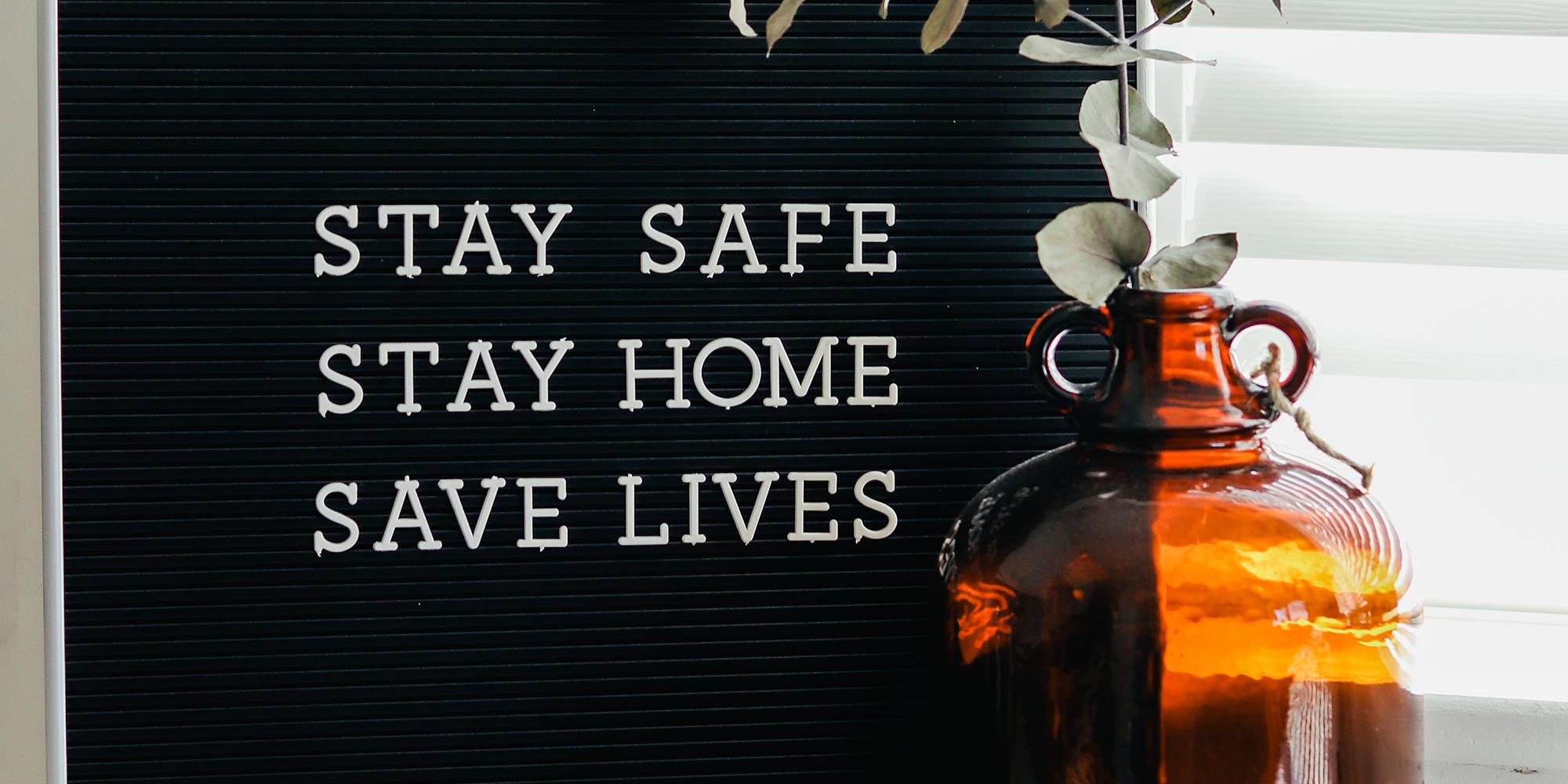If you are self-isolating amidst the COVID-19 lockdown and are experiencing dental pain, you may be at a loss as to how to manage the symptoms whilst your normal dental practice is closed. There are a few pain-management tips you can use to help with the symptoms without having to leave your house, and though the Lister House Dental practice is closed to the public, we are still able to provide patients with advice over the phone should you have a dental emergency.
Pain relief for toothache in self-isolation
Toothache is something that needs to be addressed by a dental professional as this could be a symptom of tooth decay. However, until you are able to come into the Lister House Dental Centre to see your regular dentist, we recommend taking anti-inflammatory medicines, such as paracetamol and co-codamol, which will have to reduce the sensitivity you may be feeling. Do not exceed the recommended dosage.
Anaesthetic gels, and clove oil in particular, can be used to numb the affected area. Simply place the oil or gel onto and around the tooth and gum using a cotton bud. Remember to always wash your hands thoroughly before and after putting your hands near your mouth.
Saltwater rinses, made from dissolved salt in warm water and swirled around the mouth, can greatly reduce the risk of dental infection by creating an acidic environment that bacteria cannot survive in.
Pain relief tools for inflamed gums at home
Sometimes food and debris can be caught in-between our teeth and gums, which can cause significant pain if not removed. If you’re experiencing pain between your teeth and gums, make sure to floss daily with an interdental brush, water flosser, or regular string floss, and rinse with an antiseptic mouthwash, such as Corsodyl. If you’re worried about the health of your gums, Corsodyl have created an online gum health test tool to help you assess your gums from the safety of your home.
Relieving mouth ulcer pain during self-isolation
Mouth ulcers can be both irritating and painful especially when eating and drinking. There is no quick fix to heal mouth ulcers though there are a few tips and tricks you can do from home to make you feel more comfortable. Anaesthetic gels can be used to numb the affected areas providing you with some relief until the next application. Gengigel in particular can be applied to the mouth ulcer creating a pain-relieving barrier and can also be used for other oral problems such as inflamed gums and gingivitis. Eating softer foods will also make sure you’re not aggravating the mouth ulcer any further. If your mouth ulcer persists for longer than 2 weeks, it is recommended that this be discussed with your regular Lister House Dentist.

One Comment